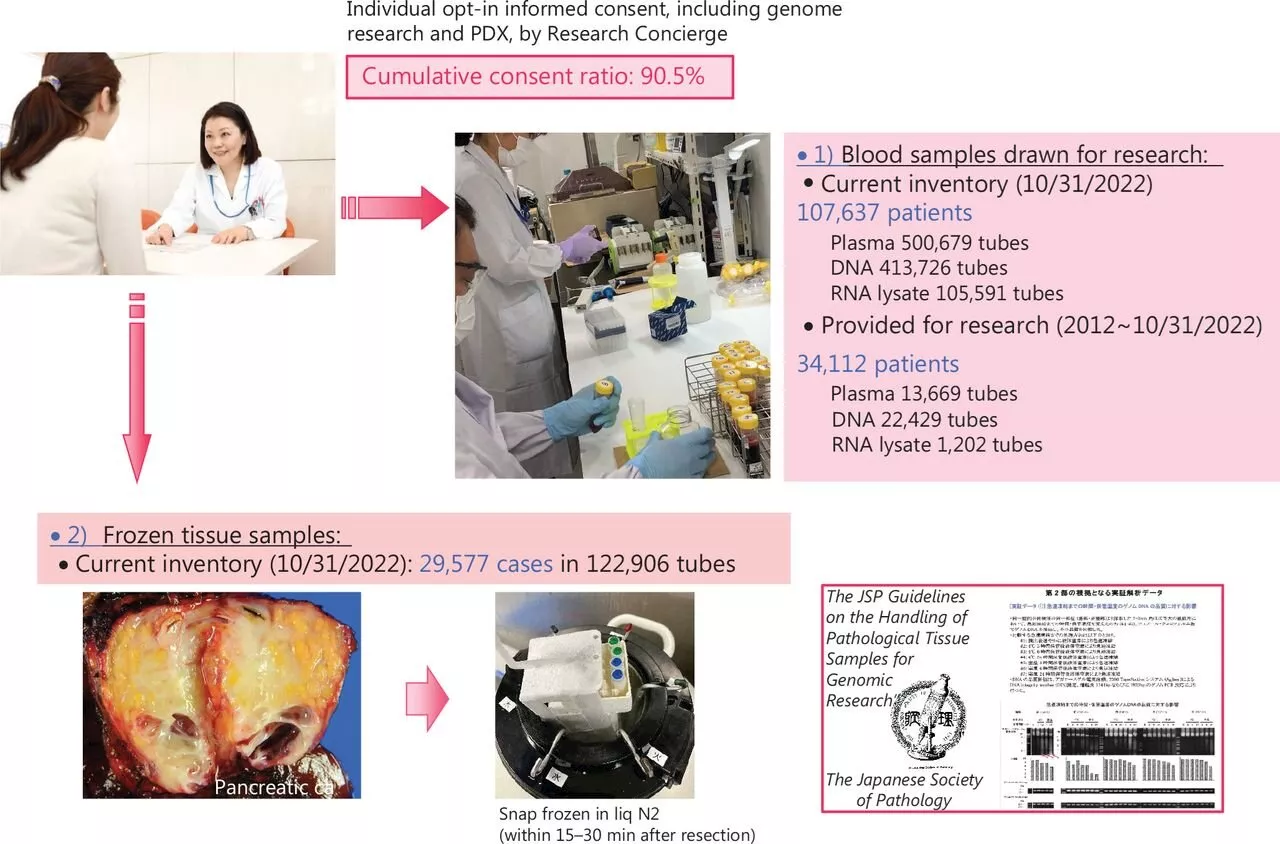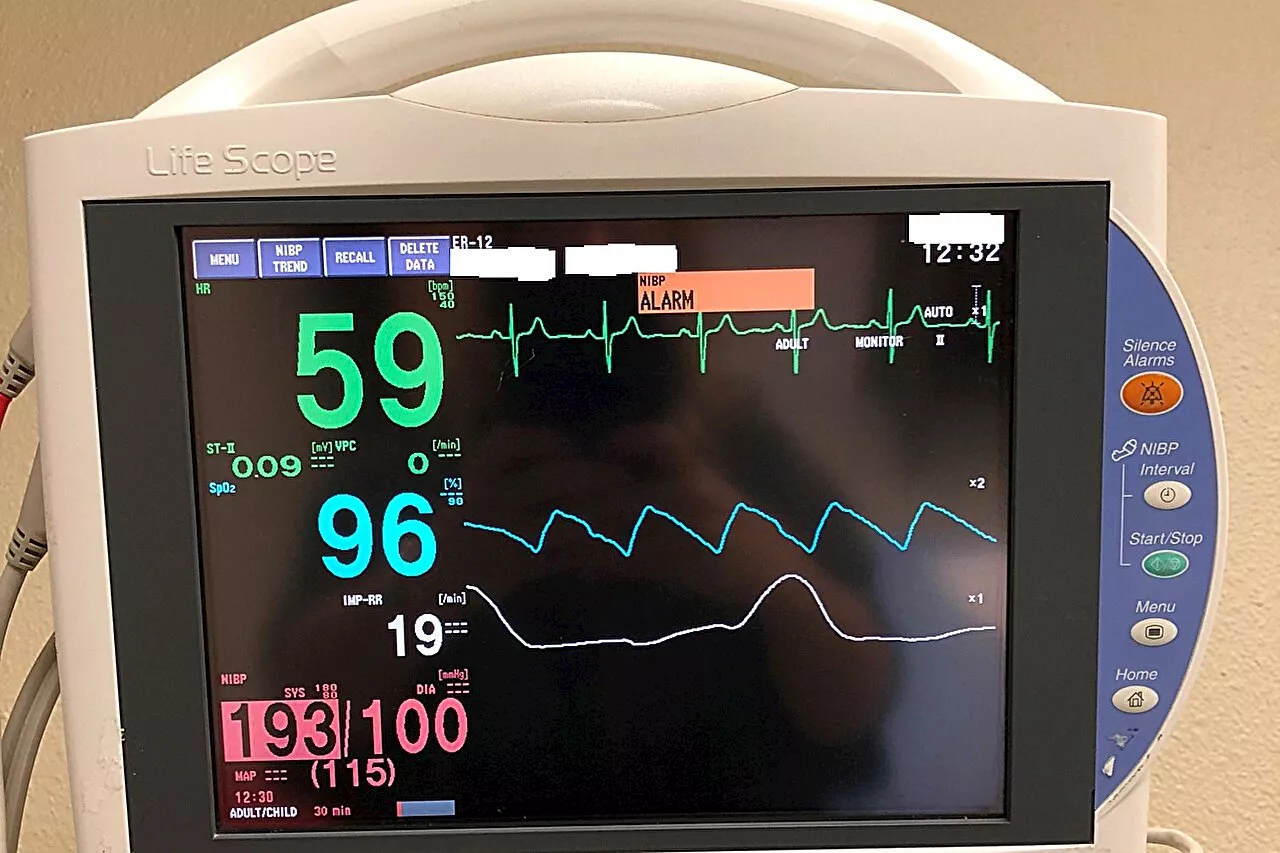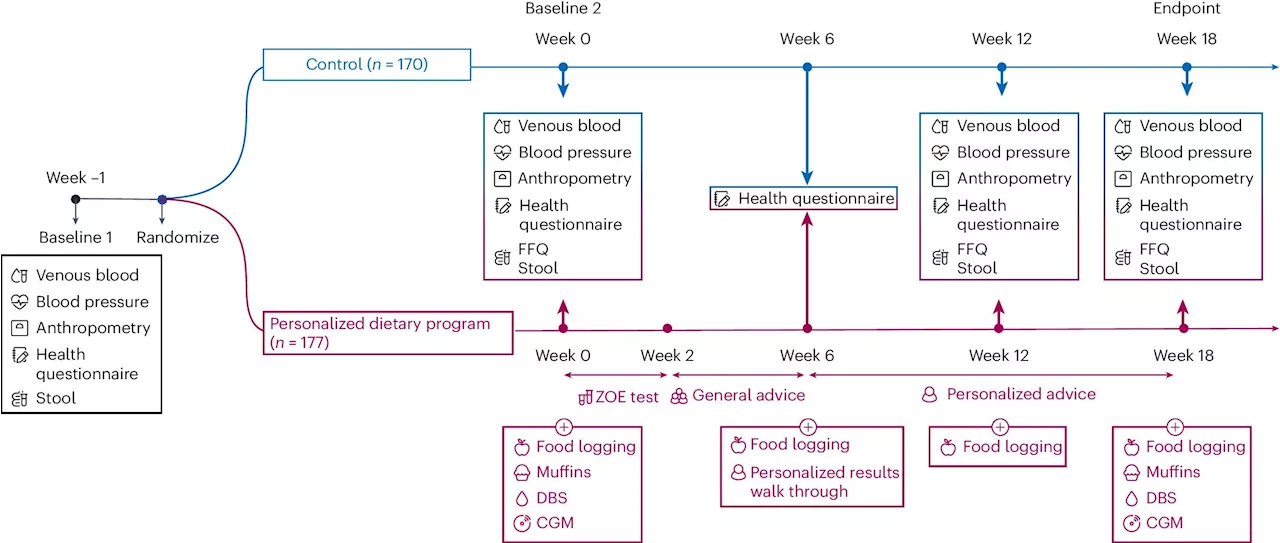A new study demonstrates an advance in treating antibiotic-resistant infections in animals through personalized phage therapy.
May 27 2024Hebrew University of Jerusalem The treatment combined a specific anti-P. aeruginosa phage applied topically with ceftazidime administered intramuscularly, resulting in the complete healing of a persistent surgical wound after fourteen weeks. This highlights the potential of phage therapy as a practical and effective solution for antibiotic-resistant infections in veterinary practice, with implications for human medicine as well.
Squeaks, initially treated at the JVMV for injuries sustained from a high-rise fall, developed a severe infection in the right hind leg following multiple surgeries. This infection persisted despite various antibiotic treatments over four months. Facing a potential implant-replacement surgery, the team turned to the new treatment which involved a meticulously designed combination of a specific anti-P.
The successful outcome of this case underscores the critical need for novel therapeutics like phage therapy to address the growing concern of antibiotic-resistant infections, which affect up to 8.5% of surgical sites following orthopedic surgeries in companion animals. These infections not only pose significant health risks to the animals but also increase the morbidity, mortality, and costs associated with these procedures.
Medicine Orthopedic Research Surgery Veterinary Wound
United Kingdom Latest News, United Kingdom Headlines
Similar News:You can also read news stories similar to this one that we have collected from other news sources.
 Advancing genomic medicine: The evolution of personalized cancer treatment in JapanThe journey of cancer genomic medicine (CGM) began in the 1980s, with the discovery of various genomic and epigenomic alterations in cancer cells from various countries including Japan. This led to the development of molecular targeted therapies in the 2000s.
Advancing genomic medicine: The evolution of personalized cancer treatment in JapanThe journey of cancer genomic medicine (CGM) began in the 1980s, with the discovery of various genomic and epigenomic alterations in cancer cells from various countries including Japan. This led to the development of molecular targeted therapies in the 2000s.
Read more »
 Personalized mRNA vaccines: A new approach in melanoma treatmentA personalized mRNA vaccine to treat melanoma has now reached late-stage trials in the UK. This is just the latest step in improving the cure rate of cancer.
Personalized mRNA vaccines: A new approach in melanoma treatmentA personalized mRNA vaccine to treat melanoma has now reached late-stage trials in the UK. This is just the latest step in improving the cure rate of cancer.
Read more »
 Personalized screening approach may better predict preeclampsia in the first trimester of pregnancyA new screening algorithm for preeclampsia combining maternal history, ultrasound data and several tests for blood markers may better predict the majority of preeclampsia cases in the first trimester of pregnancy, when it may still be preventable, according to new research published today in Hypertension, an American Heart Association journal.
Personalized screening approach may better predict preeclampsia in the first trimester of pregnancyA new screening algorithm for preeclampsia combining maternal history, ultrasound data and several tests for blood markers may better predict the majority of preeclampsia cases in the first trimester of pregnancy, when it may still be preventable, according to new research published today in Hypertension, an American Heart Association journal.
Read more »
 Personalized screening early in pregnancy may improve preeclampsia detectionA new screening algorithm for preeclampsia combining maternal history, ultrasound data and several tests for blood markers may better predict the majority of preeclampsia cases in the first trimester of pregnancy, when it may still be preventable, according to new research published in Hypertension.
Personalized screening early in pregnancy may improve preeclampsia detectionA new screening algorithm for preeclampsia combining maternal history, ultrasound data and several tests for blood markers may better predict the majority of preeclampsia cases in the first trimester of pregnancy, when it may still be preventable, according to new research published in Hypertension.
Read more »
 AI-driven model identifies potent cancer-killing immune cells for personalized immunotherapyUsing artificial intelligence, Ludwig Cancer Research scientists have developed a powerful predictive model for identifying the most potent cancer killing immune cells for use in cancer immunotherapies.
AI-driven model identifies potent cancer-killing immune cells for personalized immunotherapyUsing artificial intelligence, Ludwig Cancer Research scientists have developed a powerful predictive model for identifying the most potent cancer killing immune cells for use in cancer immunotherapies.
Read more »
 Personalized nutrition more effective than general diet advice, study findsPersonalized nutrition approaches can improve several key health metrics, including lower weight, lower cholesterol, better mood, improved gut health, lower heart disease risk, and better metabolic health.
Personalized nutrition more effective than general diet advice, study findsPersonalized nutrition approaches can improve several key health metrics, including lower weight, lower cholesterol, better mood, improved gut health, lower heart disease risk, and better metabolic health.
Read more »
